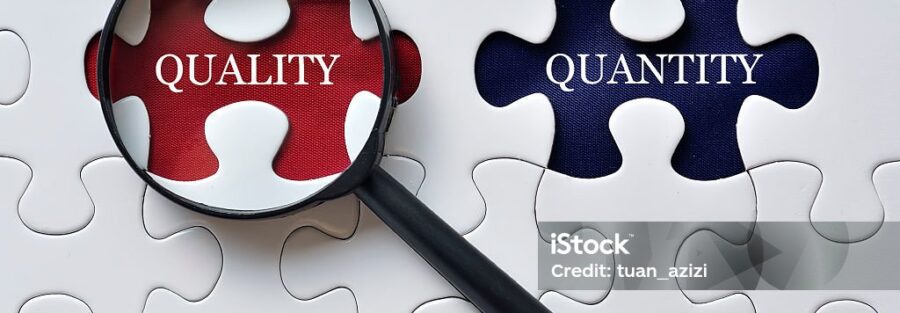We mostly decide to buy a brand based on its cost or quality, and less so on how much we “trust” it. “Brand Trust” used to be a less important factor when it came to purchase consideration.
But not anymore.
When the recent 2025 Edelman Trust Barometer – Special Report on Brand Trust asked respondents as to “the deal breaker” when it comes to the brands they buy or use (Cost or Quality or Brand Trust), respondents equally opted for Cost (88%), Quality (88%) and Brand Trust (88%) [Note: Among other purchase considerations selected were “High quality customer service” (85%), “Has a good reputation” (85%) and Convenient to find, buy and use (84%) etc].
Trust is now a decisive ‘purchase consideration’.
The survey for the 2025 Edelman Trust Barometer – Special Report on Brand Trust (7th annual online survey on trust and brands) was conducted from April 24th to May 5, 2025, and results were published on June 16, 2025. It was conducted across 15 countries with 15000 respondents (1000 respondents per country).
The 2025 Edelman Special Report on Brand Trust also asked respondents about turbulent times. The survey asked what they worry about “products they use daily for it to become more expensive”, and respondents were unanimous; a massive four-thirds of respondents (76%) answered about products they use daily becoming more expensive “due to tariffs and trade wars.”
And guess where they turn to stabilize their personal world in turbulent times? Towards brands!
It’s important to make the distinction: In turbulent times, respondents looked up to brands not to stabilise the world in general, but to stabilize “their personal worlds.”
So much so that more than two-thirds (68%) said that “It is very important for brands in my life to make me feel good in turbulent times.” 62% declared that “It is very important for brands in my life to give me optimism,” while 61% declared that “It is very important for brands in my life to help me do good.”
How could a brand to be in the consumer’s own world? Edelman finds the ‘culture’ of the consumer as the key. 73% respondents said that a brand that authentically reflects today’s culture would be effective in increasing their trust in the brand. This revives our memories of how McDonald’s revised its globally familiar menus in India for the local consumer with such innovations as “Paneer Wrap.” To win the youth market, Coca-Cola localised its bottles, printing common names of youth on the bottles in its “Share a Coke” Campaign in the US.
The Edelman survey showed that brands were also ‘the choice’ to win people’s trust in comparison to institutions pattern seen by Edelman since 2022. 80% respondents trusted their brands more than they trusted their institutions to do what is right. As for institutions, 79% trusted their employer, 65% trusted businesses, 60% trusted NGOs, 55% on media, and 54% trusted the government. Since 2022, the growth in ‘trust placed on brands’ was seen across respondents’ income levels as well.
If “brand trust” is a purchase consideration, what endangers it?
Silence.
If a brand does not mention what it is doing to address societal issues, and thus, is silent, one in two respondents will assume the worst! 53% respondents said “I will assume the brand is doing nothing, or hiding something” if it stays silent on a societal issue. 51% said that if a brand ignores its obligation to address a societal issue, they would be less likely to buy from it. 51% said that if a brand ignores its obligation to address a societal issue, they would lose trust in it.
The Brand Trust survey uncovers another side to this. Brands appear to have been entrusted by consumers with “dual responsibilities”-to engage in social issues as well as to make them feel good! 64% respondents said “I buy, choose, or avoid brands based on my beliefs about what’s going on in society,” while 68% said “It’s extremely important for brands to help me personally feel good: happy, confident, inspired, safe, and calm.”
Nowadays, we decide to choose that pack of cheese –or any branded product!- equally based on its cost, quality, or the trust in its brand. Brand trust has been gaining increased trust and has emerged as a purchase consideration in par with cost and quality. We may not choose the brand if it, as a brand, stays silent on societal issues, in issues that we care about, which results in loss of consumer trust. Meanwhile, the views on “responsibilities of the brand” are quietly widening with “dual responsibilities” being entrusted – to help the world at large, and in equal measure, to make the consumer feel good.



